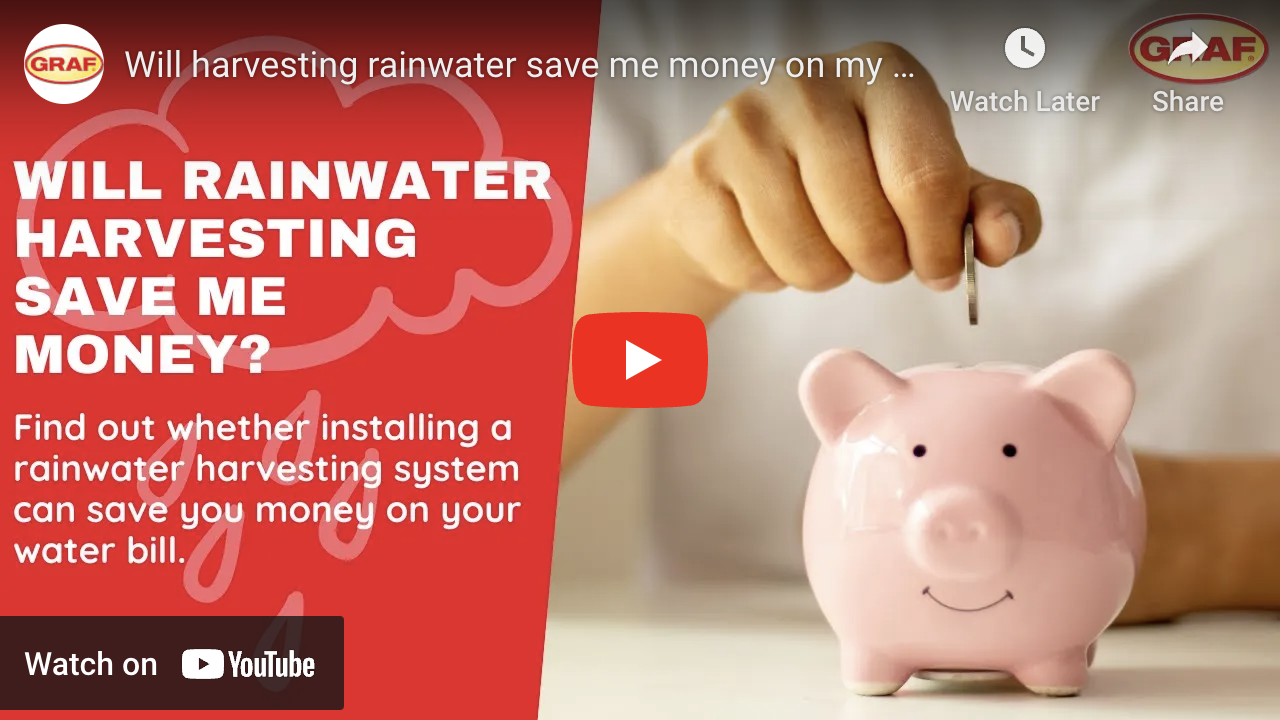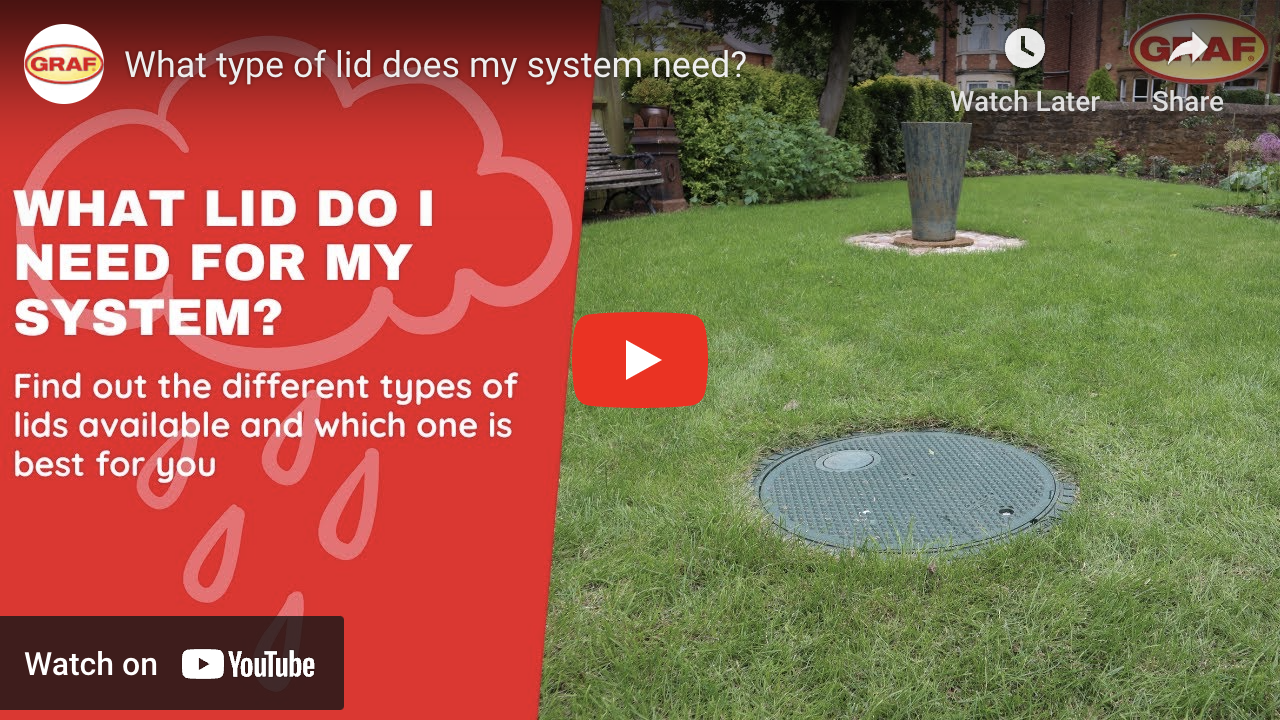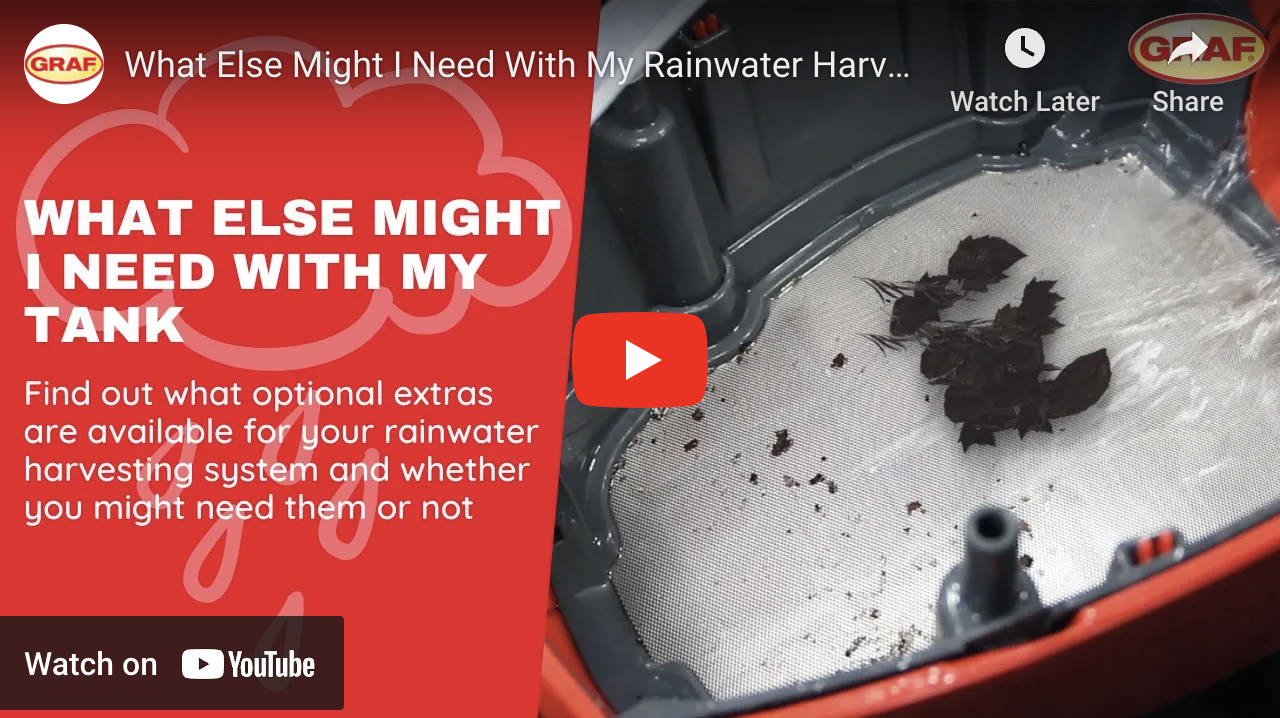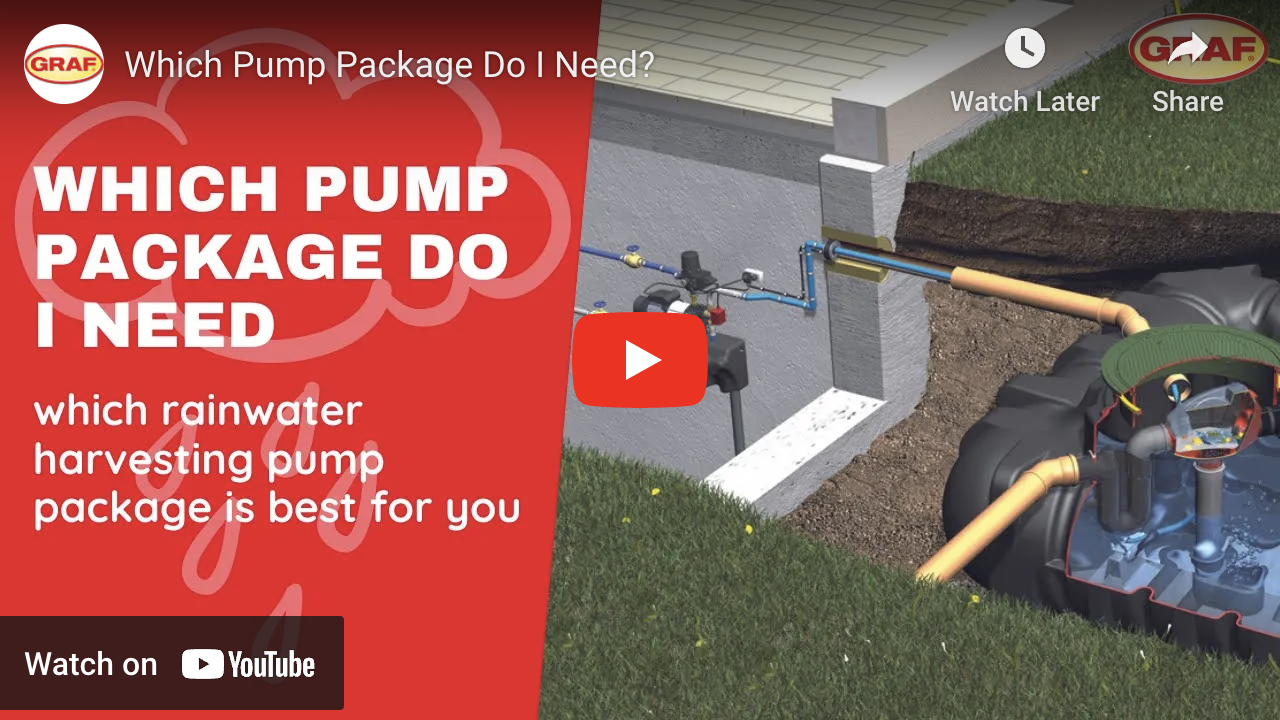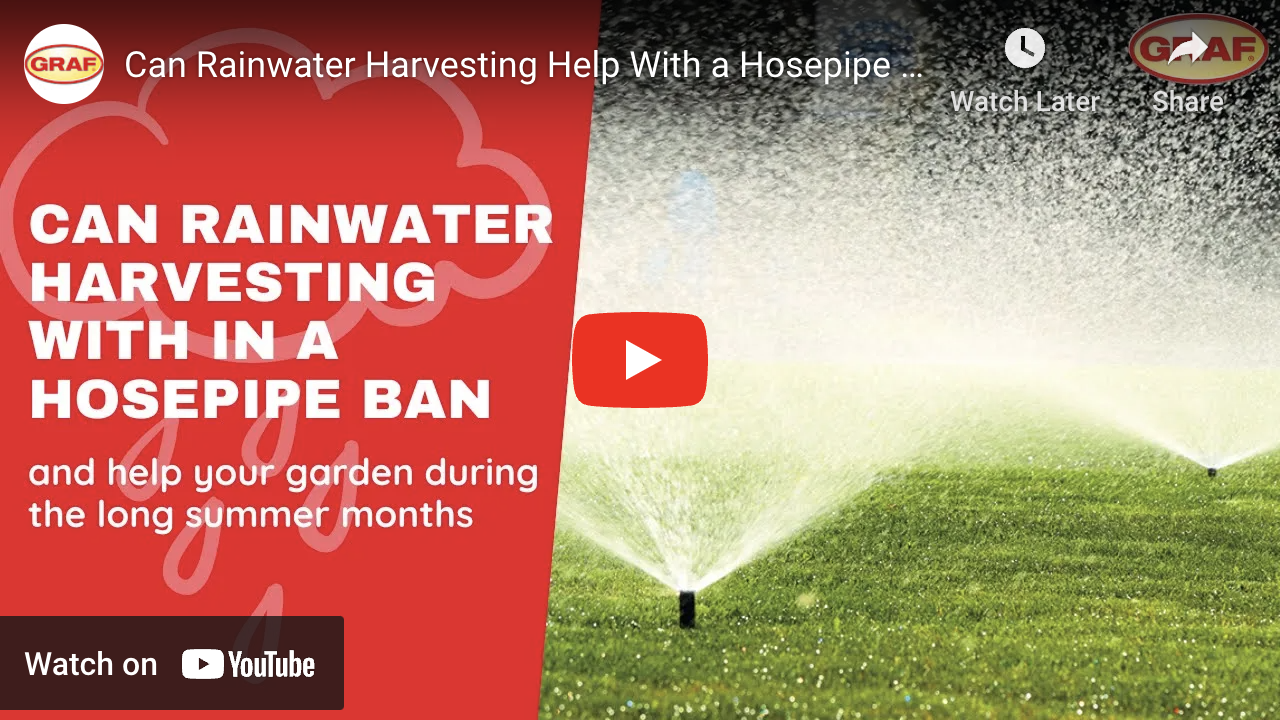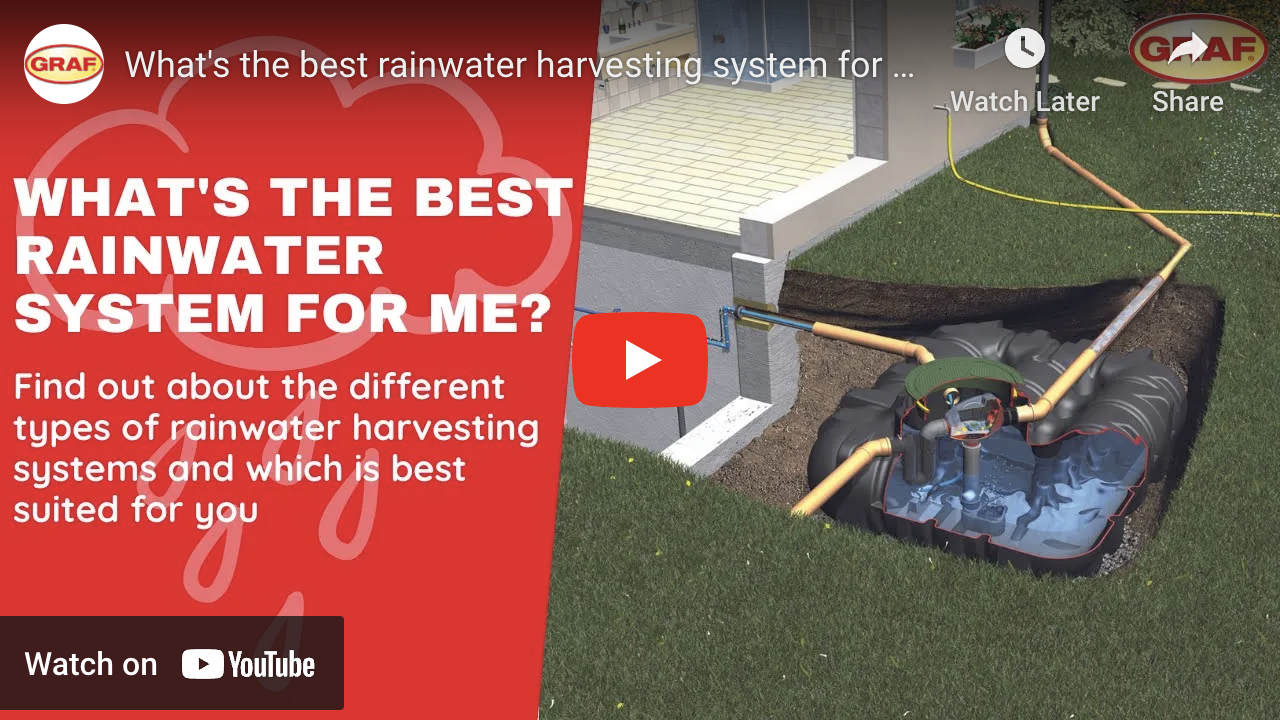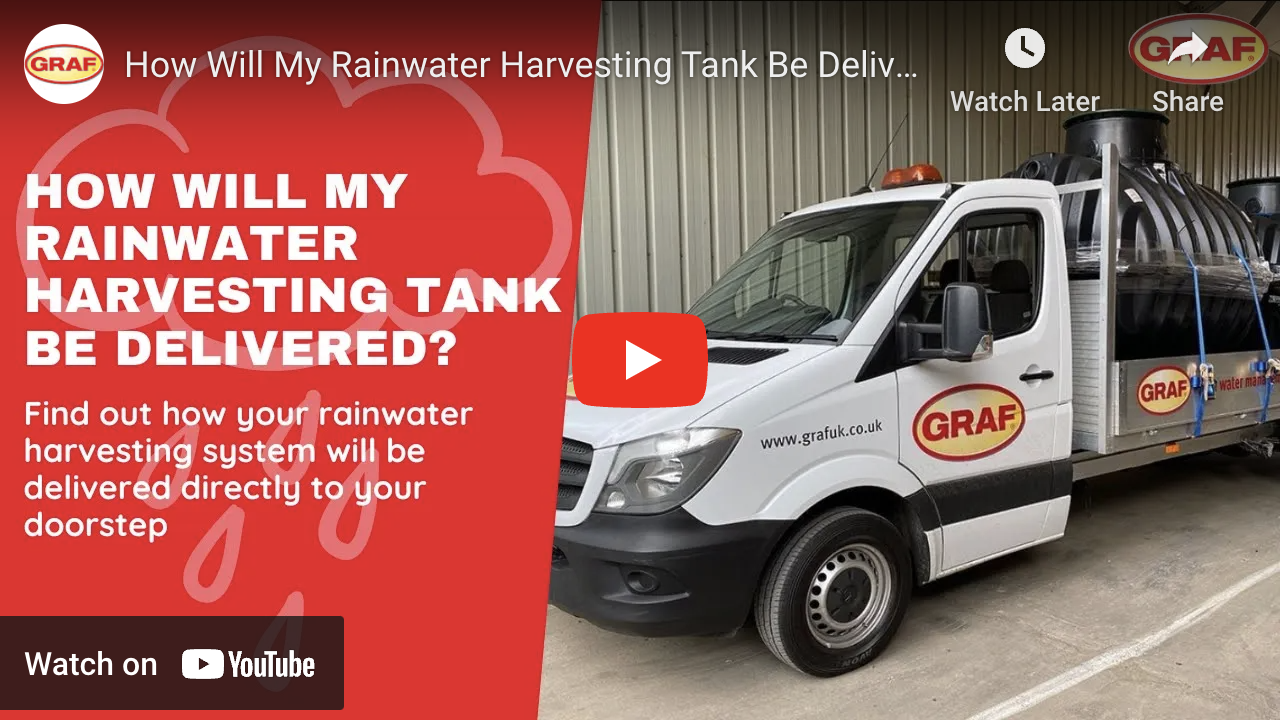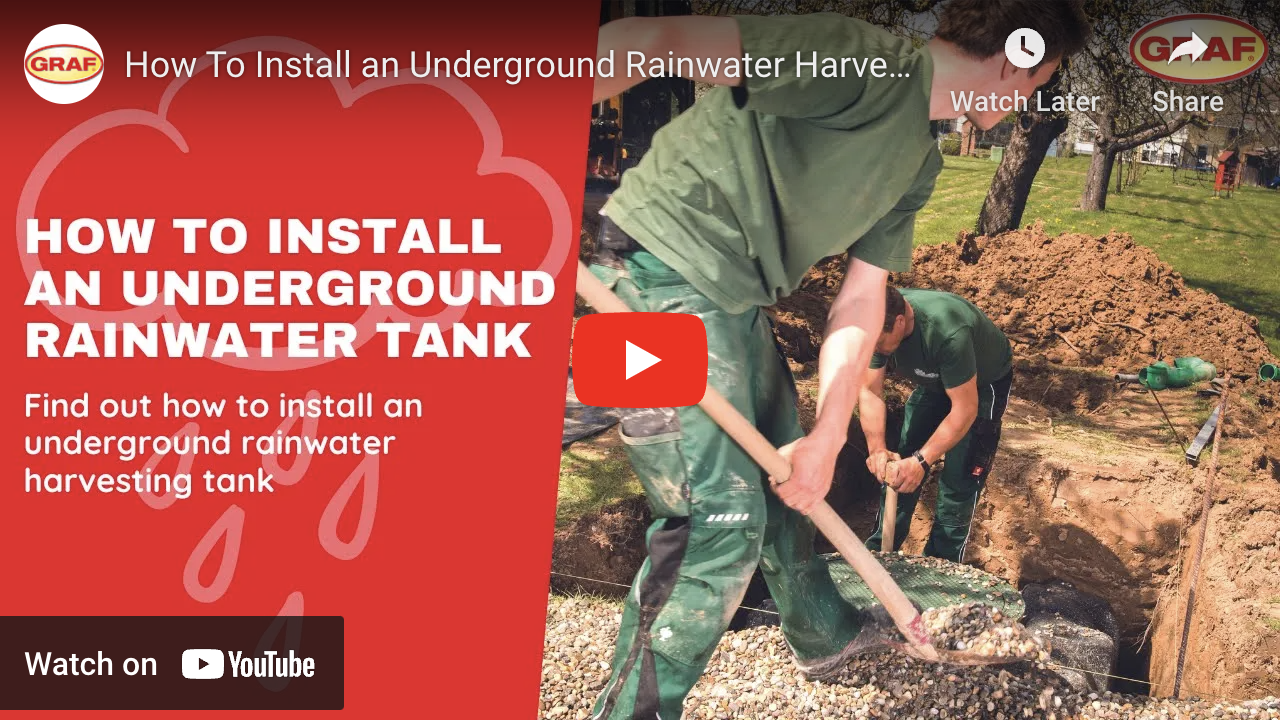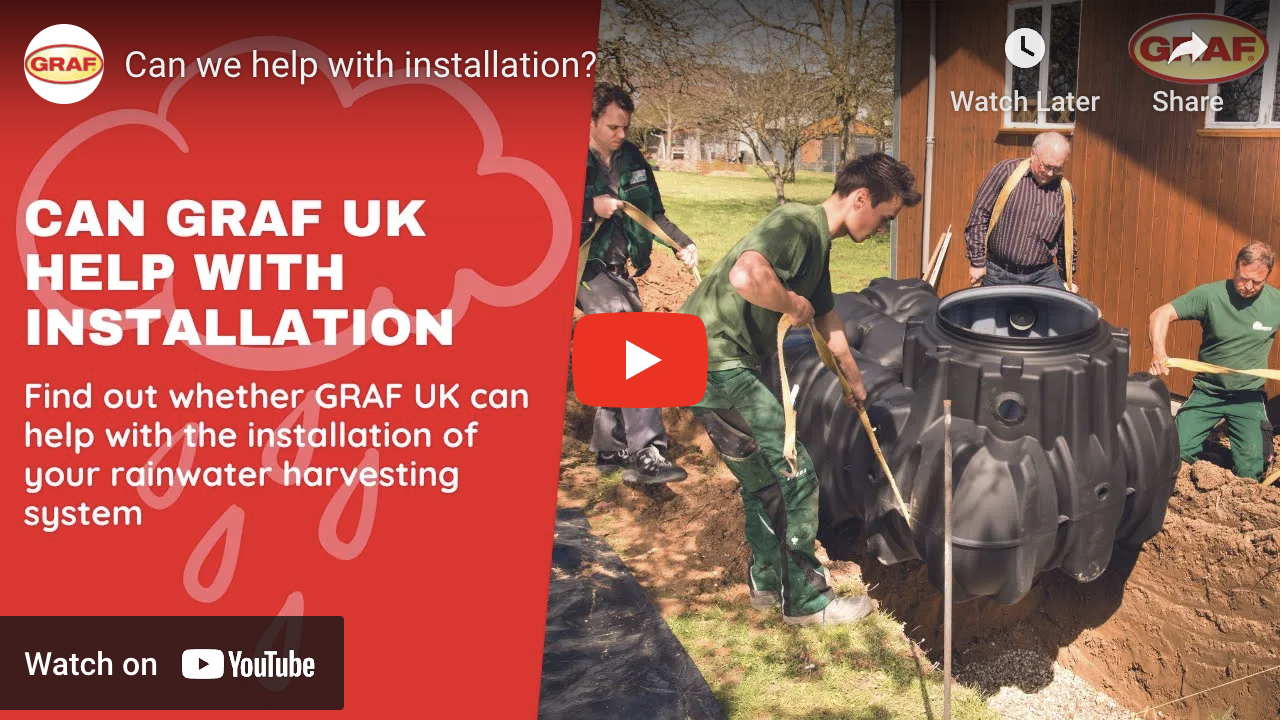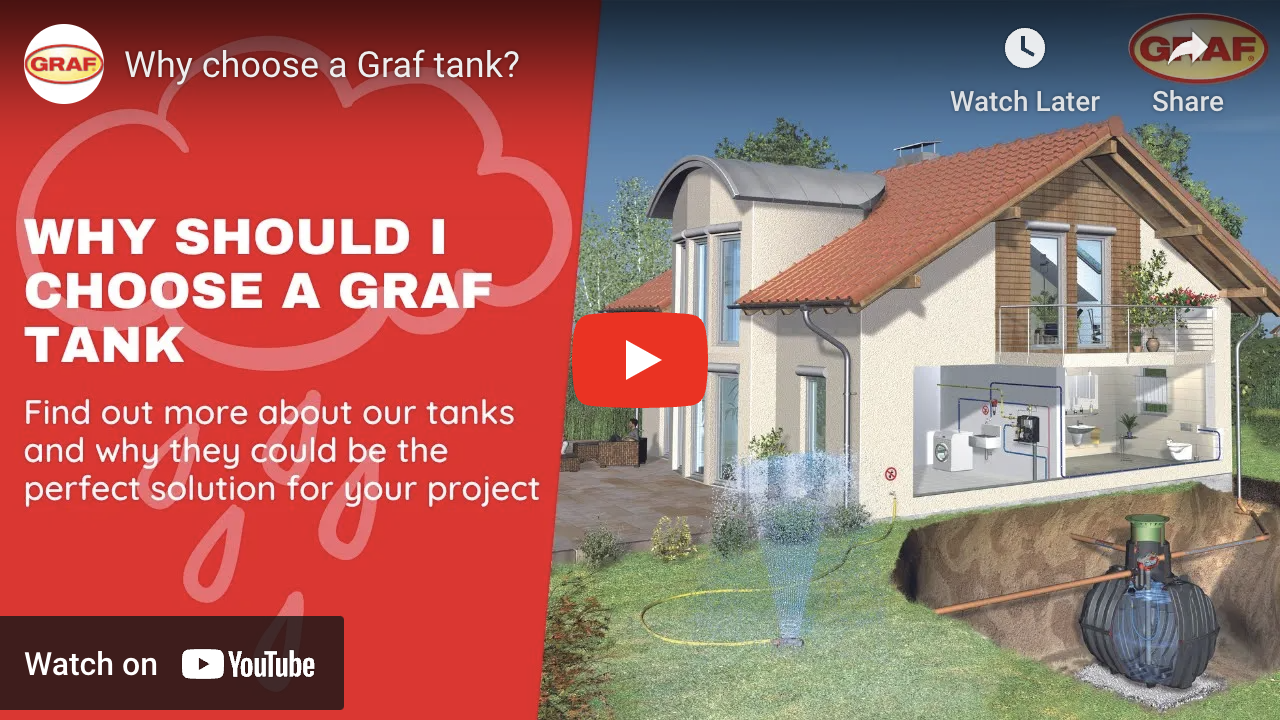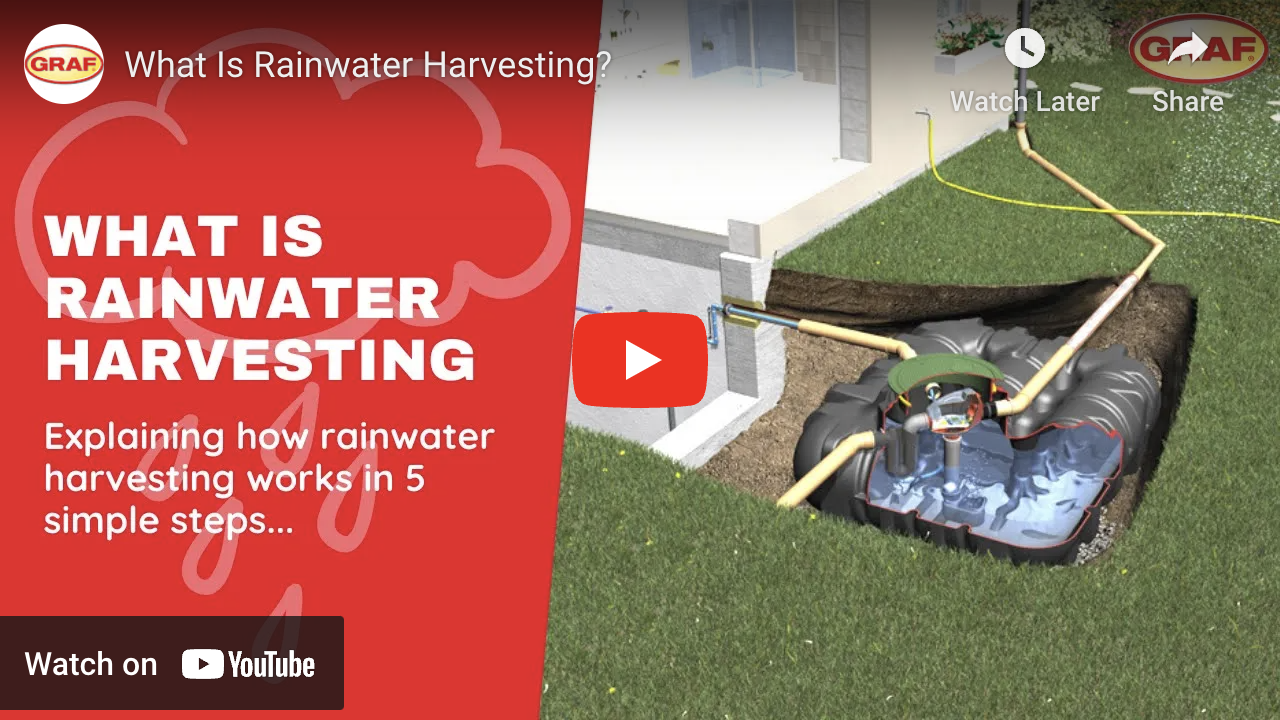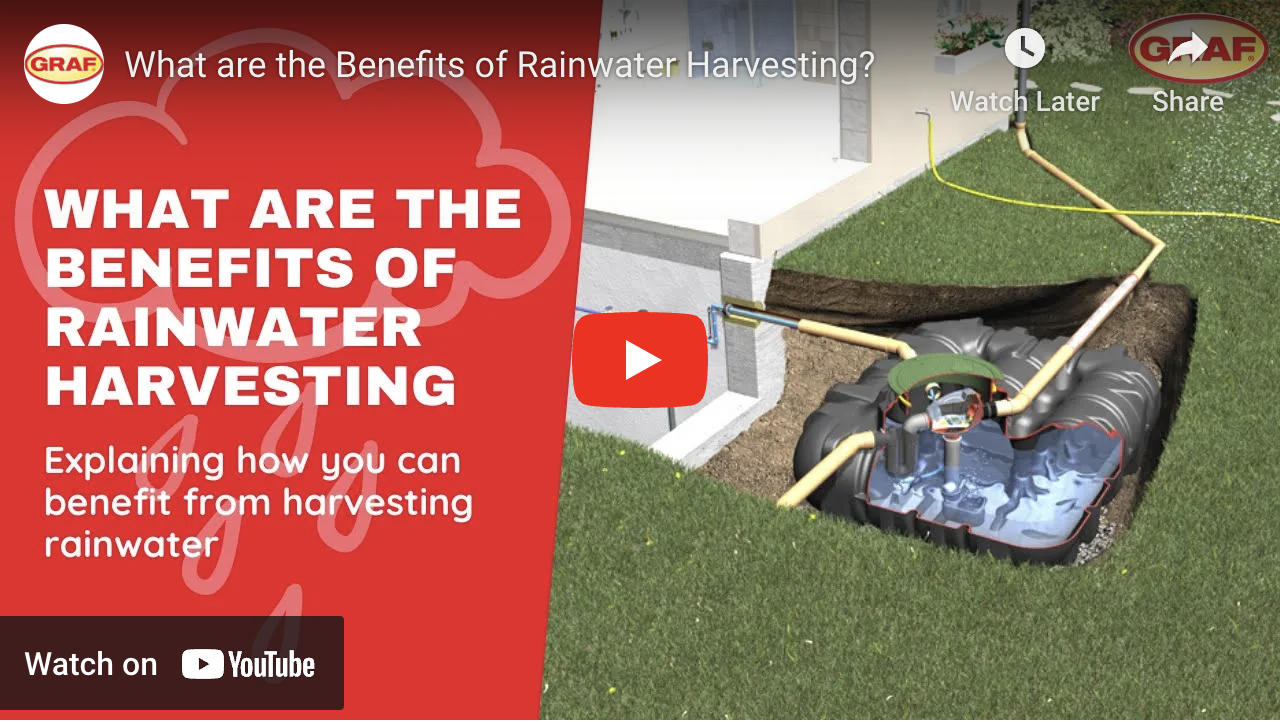We all love the warm weather, blue skies and feeling the sun as we sit in our gardens. But, what we don’t love seeing is the grass turning brown and wilting plants! When there is a long period of time without rainfall and a heatwave, the government may impose a hosepipe ban or advise against using them. So how should you water your plants? A rainwater harvesting system may be the answer to keeping your lawn and plants alive and thriving.
What Is A Hosepipe Ban?
A hosepipe ban is a British term for a water restriction placed on the customers of a water company to prevent them from using garden hoses, particularly for watering their gardens. The provider sometimes states that their customers are not allowed to use a sprinkler or unattended hosepipe for a few days (or longer). Bans are usually in England and South Wales.
Such a ban is usually enacted during droughts, to preserve water for essential uses such as drinking and flushing toilets, as well as for firefighting. If there is a water main break or a problem with a water tower or other reservoir, a ban may be enacted on a very local and temporary basis.
Are Hosepipe Bans Common?
Reports of regional droughts and hosepipe bans have become a common occurrence, especially in the South East and the East of England. Over the last decade, water restriction measures have come into force regularly: in 2006, 2007, 2010, 2012 and more recently, 2018 when 20 million customers were affected. An unseasonably warm winter and a dry April make the outlook for 2022 uncertain.
Southern Water says that a ban on unattended hosepipes and sprinklers would reduce demand by about 2.5% while a full hosepipe ban would save another 5%. Now is the best time to think ahead and install your own rainwater harvesting system.
Advantages Of Harvesting Rainwater
Harvesting rainwater has many advantages; it provides your own water supply during a drought, can save money on your water bills and is a sustainable way of using water at home. Not to mention its positive impact on the environment.
The rainwater that falls on your roof and property is essentially free. All it takes is a method to harvest it into a tank for later use. For communities that rely on imported water to supply their needs, collecting rainwater that falls naturally in the community can reduce the need for imported water and harvesting reduces peak demands during summer months, saving treated water for more important and appropriate water uses.
Environmental Benefits
Rainwater harvesting can reduce stormwater runoff from a property. The reduction of runoff can reduce contamination of surface water with pesticides, sediment, metals, and fertilizers. By reducing stormwater runoff, rainwater harvesting can reduce a storm’s peak flow volume and velocity in local streams, and rivers, therefore reducing the potential for streambank erosion.
Our rainwater harvesting systems are simple and effective methods to meet the stormwater management program requirements of individual properties. It is an excellent source of water for plants and landscape irrigation since it has no chemicals such as fluoride and chloramines and studies have proven that plants really do thrive off of rainwater!
Reduces Energy Usage
The implementation of rainwater harvesting can help meet new standards of energy and water efficiency ratings and codes that are being developed in communities. Studies have shown that by swapping to rainwater harvesting, you can halve your water bill. Why not use nature’s natural resources to help the planet and your wallet?
In the event of a hosepipe ban, a rainwater after system can continue to be used. As the rainwater is not seen to be mains water. Caution should be taken when a system is implemented, which has a mains water supply. As only rainwater should be used to irrigate the garden in the event of the hosepipe ban.
Other Benefits Of Rainwater Harvesting
According to the Environmental Agency, each person in the UK uses in the region of 150 litres of drinking quality water every day. Around half of this amount need not be drinking water.
This means water has gone through energy and carbon-intensive process of filtration, chemical treatment, and pumping from miles away, just to flush down a toilet or water the lawn.
By installing a rainwater harvesting system you will do more than help protect the environment;
- Reduce water bills by around 50%
- Increase chances of your planning gaining planning permission. (Planners often favour environmentally friendly applications.)
- Prevent flooding. Rainwater harvesting acts as part of a SUDS (Sustainable Urban Drainage System)
So installing a rainwater harvesting system really can help you in the event of a hosepipe ban! Help keep your flowers blooming and your grass green by installing one of our GRAF systems today.

